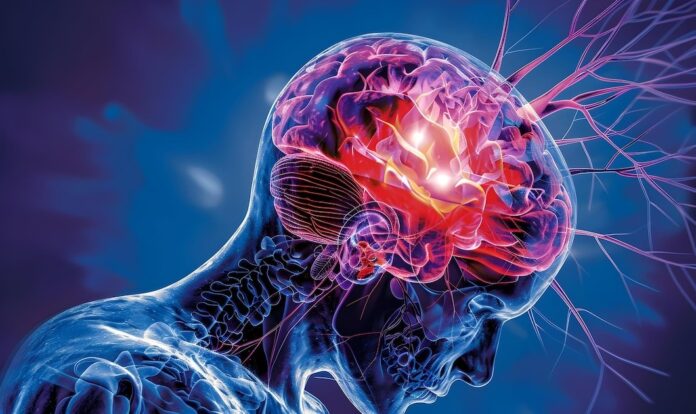Recognising the early signs of a brain tumour can be crucial for prompt diagnosis and treatment. Brain tumours occur when abnormal cells grow uncontrollably in the brain. These tumours can be either benign (non-cancerous) or malignant (cancerous), but both types can have serious effects on brain function. Detecting the cancer symptoms early can lead to timely intervention, improving the chances of successful treatment.
This guide will discuss the warning signs of a brain tumour and provide insights on when to seek medical attention.
Common Symptoms of Brain Tumours
Brain tumours often present with a wide range of symptoms, depending on the size, location, and growth rate of the tumour. Some of the most common signs include:
1. Persistent Headaches
Frequent headaches that worsen over time, particularly in the morning or at night, can be a red flag. These headaches may not respond to typical pain relief medications and may be accompanied by nausea or vomiting. If you experience headaches that feel different from your usual patterns, it could indicate a pressure buildup due to a brain tumour.
2. Seizures
Seizures can occur when a tumour irritates the brain’s electrical activity. Even if you’ve never had a history of seizures, experiencing one could be a symptom of a brain tumour. Seizures related to brain tumours may manifest as sudden muscle jerking, unconsciousness, or staring spells. If you experience a seizure, seek immediate medical attention.
3. Cognitive or Personality Changes
A brain tumour can affect areas of the brain responsible for thinking, memory, and emotions. Some common cognitive or personality changes to look out for include:
-
Difficulty concentrating or memory problems.
-
Confusion or inability to make decisions.
-
Uncharacteristic mood swings, depression, or irritability.
-
Sudden changes in behaviour.
4. Visual or Hearing Problems
Tumours in specific parts of the brain can affect sensory organs, leading to vision or hearing impairments. Watch for symptoms such as blurred vision, double vision, or unexplained hearing loss. These issues may also include seeing flashing lights, difficulty focusing on objects, or ringing in the ears (tinnitus).
5. Balance and Coordination Issues
As a brain tumour grows, it may affect the areas of the brain that control balance and coordination. This can cause problems such as dizziness, difficulty walking, or frequent falls. If you’re finding it increasingly hard to maintain your balance or coordination without any known cause, it could be a sign of a tumour affecting the cerebellum or brainstem.
Less Common Symptoms of Brain Tumours
In addition to the more typical signs, other cancer symptoms can manifest when dealing with a brain tumour. Some of these less common symptoms include:
1. Speech and Language Problems
Some individuals with brain tumours may develop difficulties with speech and communication. This could include problems finding the right words, difficulty understanding conversations, or slurred speech. Such symptoms may indicate that a tumour is impacting the part of the brain responsible for language and communication.
2. Numbness or Weakness
A brain tumour can cause numbness or weakness in the arms, legs, or face, particularly if the tumour is affecting the brain’s motor functions. This can result in one side of the body feeling weaker than the other, or difficulty performing tasks like holding objects or walking.
3. Fatigue and Drowsiness
Chronic fatigue that doesn’t improve with rest can be another sign of a brain tumour. Tumour growth can place pressure on the brain, making the body feel more tired than usual. This can also lead to drowsiness and difficulty staying awake throughout the day.
4. Hormonal Changes
In some cases, a brain tumour can interfere with the brain’s hormone production, particularly if it affects the pituitary gland. This can result in symptoms such as unexplained weight gain or loss, changes in menstrual cycles, or even sexual dysfunction.
When to Seek Medical Attention
It is important to remember that many of the symptoms listed above can also be caused by other, less serious health conditions. However, if you experience persistent or worsening symptoms that are unusual for you, it’s essential to consult a healthcare professional. Early detection and diagnosis of a brain tumour can significantly improve the chances of successful treatment.
Conclusion
Recognising the early signs of a brain tumour is key to ensuring prompt diagnosis and treatment. Symptoms such as persistent headaches, seizures, cognitive changes, and sensory issues should not be ignored, especially if they worsen over time. While these cancer symptoms can be caused by other conditions, it’s always best to seek medical advice to rule out the possibility of a brain tumour. With early detection, many individuals with brain tumours can receive effective treatments that significantly improve their quality of life.

